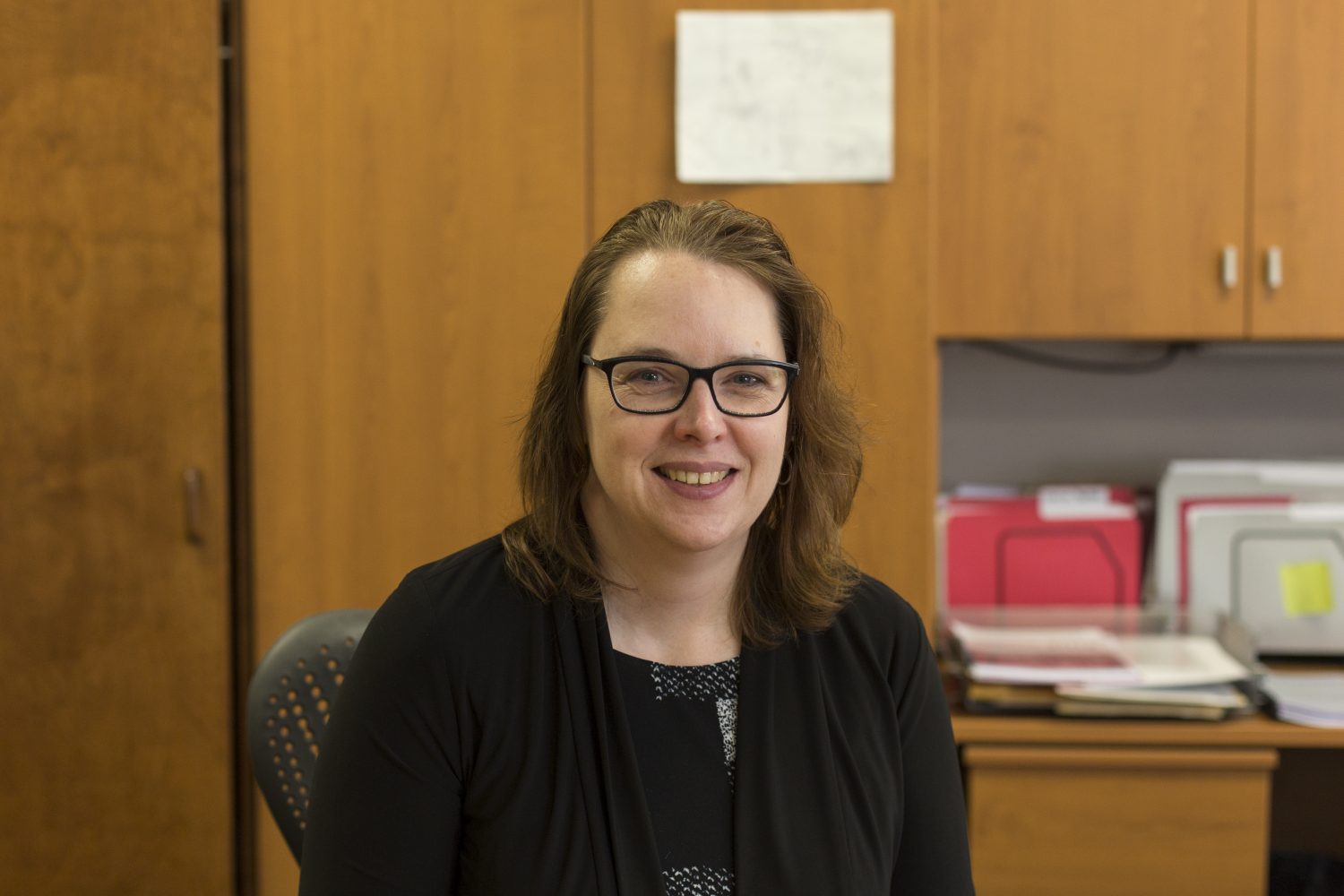President of Laurier appears on The Agenda to discuss free speech on campus

This evening at 8 p.m., Deborah MacLatchy, president of Laurier, made a guest appearance on TVO’s The Agenda with Steve Paikan.
The segment featured discussions surrounding the limits of free speech on campus — a controversial topic throughout the Laurier campus since teaching assistant Lindsay Shepherd showed a clip of a Jordan Peterson debate in her first-year tutorial.
The clip which Shepherd showed her class was originally aired on Paikan’s TVO segment over a year ago.
In the interview, Paikan asked MacLatchy numerous questions surrounding the situation regarding Shepherd.
To start, MacLatchy said that the unfortunate incident has brought an important discussion to the forefront. However, she reiterated on several occasions that she could not speak to what happened within Shepherd’s tutorial as she was not present.
Paikan asked MacLatchy if instructors at Laurier receive the necessary training to be able to present controversial material in the classroom while understanding some students might find some topics uncomfortable.
MacLatchy said that although students may feel uncomfortable discussing a certain topic, it does not mean that an instructor has crossed a line. She made clear that it is the job of instructors at Laurier to provoke and open students’ minds up to different ideas, including civil discourse, within the classroom.
At the same time, MacLatchy said, it is important to do so while also putting forward appropriate processes in place in scenario’s where students do feel uncomfortable.
When asked if the three Laurier individuals who were present during the meeting in which Shepherd was condemned for showing the Peterson clip were going to be receiving any consequences, MacLatchy said she was currently unsure.
As stated in her public apology, MacLatchy told Paikan that Laurier has hired an independent third-party fact finder to gather the necessary information to neutrally assess what happened and provide recommendations on how to move forward.
In addition, MacLatchy explained to Paikan that she has assembled a task force to delve further into the complex debate surrounding freedom of speech on campuses.
Although finding the right balance between human rights and freedom of speech is complex, MacLatchy explained, she feels this situation surrounding Shepherd has provided Laurier with an opportunity to take on a leadership role on this subject.
Paikan also addressed a petition, which approximately 60 faculty have signed in support of equality on campus for trans, non-binary and gender diverse students. Many faculty members who have signed the petition have been subjected to harassment as a result.
MacLatchy stated that the safety of both students and faculty is a priority at Laurier and that administration and herself are working closely with those who have come forward and said they have been a subject of said harassment.
Furthermore, Paikan asked MacLatchy if her public apology, which was released on Nov. 21, was issued as a result of Laurier donors pulling out — an idea put forth by Lindsay in several interviews.
MacLatchy was firm in that her apology was unequivocal and was not issued because of donors pulling their donations. In fact, MacLatchy iterated that many donors and alumni have come forward and stated that they understand this incident does not reflect Laurier as a university.
Finally, Paikan asked MacLatchy if she feels this incident has impacted Laurier’s reputation.
MacLatchy said she believes that this one incident does not define Laurier. In contrast, she feels the situation represents an ongoing discussion that has taken place at many post-secondary institutions in addition to Laurier.
As a result, she hopes that Laurier can take advantage of the opportunity by developing a leadership role regarding freedom of speech going forward.


